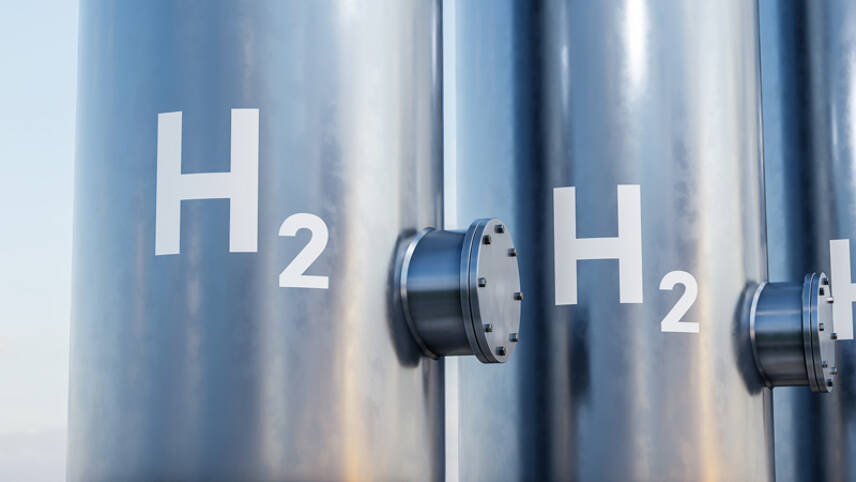Register for free and continue reading
Join our growing army of changemakers and get unlimited access to our premium content

Hydrogen is expected to play a key role in Europe’s decarbonisation efforts. However, its market ramp-up has been slow due to regulatory uncertainty, with rules to govern whether hydrogen is “green” delayed for years.
A draft of the new rules seen by EURACTIV is set to be released on Thursday 15 December, according to Jens Geier, a social democrat from Germany and the EU parliament’s lead negotiator on parts of the 2021 gas and hydrogen package.
The new draft of the rules is “the best I have seen so far in terms of content”, he told reporters in Berlin. The entire draft can be found below.
Green, or renewable, hydrogen is produced by electrolysing water using renewable electricity. In order to ensure that electrolyser build-out results in extra renewables instead of cannibalisation of existing wind turbines and solar PV, “additionality” rules come into play.
By featuring a temporal and geographical component, the rules want to link actual renewable electricity production to nearby hydrogen production – hydrogen production must be located as near as possible to a wind park, and produce hydrogen when the wind is blowing.
“Until 31 March 2028”, this approach will largely be discarded, the draft shows.
Demonstrating a quarterly overlap between renewable output and hydrogen production will suffice. Think tanks and activists tend to favour hourly or daily overlaps.
“Based on the monthly correlation, hydrogen produced through electrolysis with electricity drawn from the grid in 2021 would have resulted in average emissions of 574 gCO2e/kWh in Germany and 1,071 gCO2e/kWh in Poland,” explained Matthias Buck, Europe director at the German think-tank Agora Energiewende in a recent op-ed for EURACTIV.
The geographical correlation will similarly be fulfilled if electrolyser and renewable generation are in the same electricity bidding zone – far less ambitious than initial expectations from analysts. For the most part, country borders overlap with bidding zones. Italy and Sweden, which are split into multiple bidding zones, are notable exceptions.
An expert source described the new delegated act as a “perfect compromise” that hurts all sides “just enough.”
Little time for consultation
Stakeholders, industry and NGOs alike, may not be too overjoyed, though. According to Geier, the European Commission is looking to release the delegated act on 15 December for consultations – over a four-week period.
The release of the additionality in such an “unfriendly manner,” as Geier termed it,” may have both activists and lobbyists work overtime during Christmas, eerily reminiscent of the last unpopular delegated act from the Berlaymont: the EU sustainable finance taxonomy, dropped into inboxes minutes to midnight on 31 December.
Nikolaus J Kurmayer, EurActiv.com
This article first appeared on EurActiv.com, an edie content partner


Please login or Register to leave a comment.